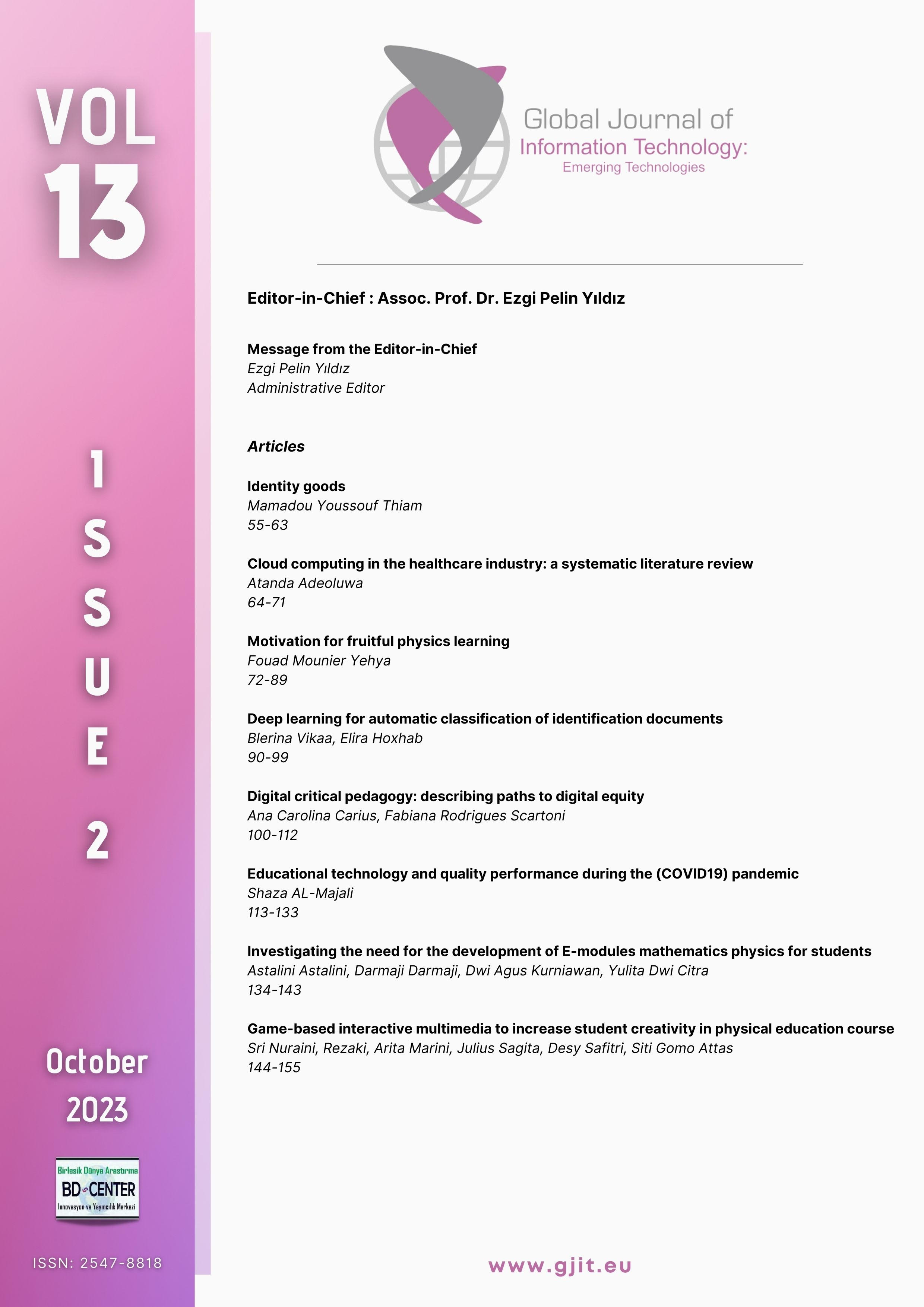Investigating the Need for the Development of Mathematics Physics E-Modules for Students
Main Article Content
Abstract
This research is motivated by the difficulties of students in studying Mathematics Physics II with fourier series material because the main source books used are all in English. Students also admitted that the difficulty in studying Mathematics Physics II was due to the lack of variety of examples. In addition, it is also known that the development of e-modules for the Physics Mathematics II course has never been done before. Therefore, the researchers conducted this investigation with the aim of knowing how much students need for the development of e-modules for the Fourier series material in the Mathematics Physics II course. The method used in this study is a mixed method (mixed method). Data was collected using a questionnaire sheet and student interviews. The data obtained in the form of quantitative data and qualitative data. Quantitative data was analyzed by descriptive statistical analysis test, while qualitative data was analyzed using the Miles & Huberman approach. Through the results of this study, it was found that most of the students expressed their need for the development of the e-module in Mathematics Physics II for fourier series material. The novelty of this study is that the material used is Fourier series material which has never been studied by previous research.
Key words: Education, E-module, Investigation, Mathematics, Physics
Downloads
Article Details

This work is licensed under a Creative Commons Attribution-NonCommercial-NoDerivatives 4.0 International License.
Authors who publish with this journal agree to the following terms:- Authors retain copyright and grant the journal right of first publication with the work simultaneously licensed under a Creative Commons Attribution License that allows others to share the work with an acknowledgement of the work's authorship and initial publication in this journal.
- Authors are able to enter into separate, additional contractual arrangements for the non-exclusive distribution of the journal's published version of the work (e.g., post it to an institutional repository or publish it in a book), with an acknowledgement of its initial publication in this journal.
- Authors are permitted and encouraged to post their work online (e.g., in institutional repositories or on their website) prior to and during the submission process, as it can lead to productive exchanges, as well as earlier and greater citation of published work (See The Effect of Open Access).
